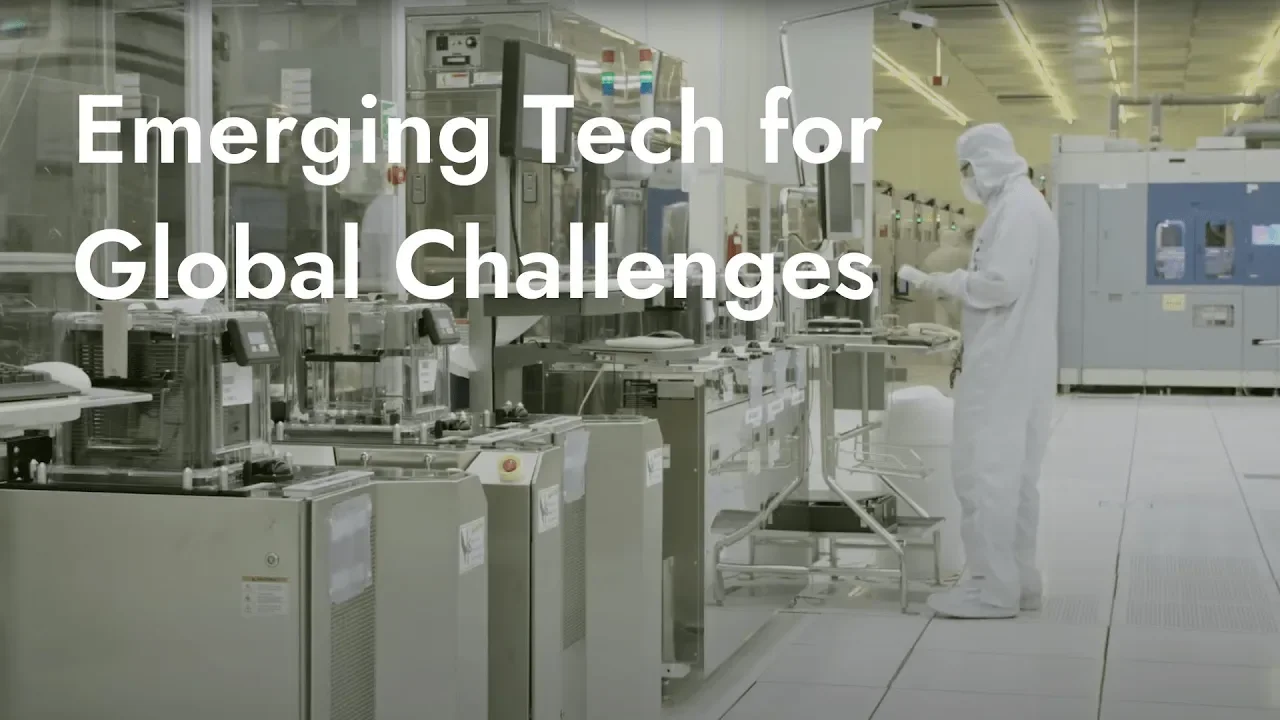The expanding public and private access to space blurs the line between exploration and exploitation, requiring international governance to ensure equitable benefits and the preservation of these global commons in space and on Earth. How can multilateral actors anticipate opportunities and risks for people, planet and society and unlock the full potential of space exploration? The panel discussion on “Governing Space” explored how space is becoming increasingly commercialized and interconnected with global development. The speakers presented perspectives on the value of space exploration, its future, and the challenges in governing this rapidly expanding domain. This report outlines the speakers’ key ideas and insights from the group. The following is the rapporteur report of an expert discussion held during the 2024 GESDA Summit. The author is a Villars Fellow.
Ideas from the Speakers
A speaker working with the US National Aeronautics and Space Administration (NASA) began by emphasizing space’s potential to solve some of Earth’s pressing issues. She pointed out that while space provides valuable insights into managing climate change, agriculture, and global conflicts, it also serves as a beacon of inspiration and hope for humanity’s future.
Looking to the future, she envisioned space as an arena for commercial development, predicting the emergence of private space stations and potential settlements on the Moon and Mars. While these ideas may seem like science fiction, she argued that current projects make them increasingly plausible. The space race, once fueled by Cold War rivalries, is now a commercial enterprise with practical applications in everyday life. Reusing rocket parts is one-way companies are making space exploration more cost-effective and environmentally responsible.
However, the expert raised concerns about the dangers of space debris, particularly from satellite explosions, which generate hazardous and unpredictable fragments in orbit. This problem highlights the need for international collaboration to protect space and keep it safe and accessible for all.
Another speaker focused on the competitive yet collaborative nature of space exploration. Although space is an arena of international competition, she stressed that cooperation is crucial to advance scientific knowledge and safeguard global safety. She pointed to the European Space Agency’s 23-member state structure, which promotes equitable access through geographical returns and grants for less wealthy countries, making space exploration a more inclusive endeavor.
This expert also underscored the importance of aligning technological and policy advancements. Space governance must account for issues like cybersecurity and the fear of space-based cyberattacks, which threaten both public and private space ventures. She argued for multilateral discussions and collaboration among all stakeholders, cautioning that enforcement alone will not be effective. Instead, collective agreement and good intentions are needed to maintain peace in space.
The next speaker, a space lawyer, shed light on the legal complexities of space governance. Space is considered a “global commons” and is governed by international treaties that ensure no single entity can claim ownership. However, space congestion and the risk of satellite collisions present ongoing challenges. The speaker stressed the need for clearer international rules and collision-avoidance standards to prevent accidents in the increasingly crowded space environment.
She also discussed the legal and ethical issues surrounding resource extraction, particularly Moon mining. While the possibility of extracting water from the Moon exists, it remains a distant reality, requiring further research and equitable resource-sharing mechanisms. She highlighted the difficulty of creating fair agreements on space resource allocation, noting that scientific collaboration will be essential for building viable frameworks.
Insights from the Audience
The Need for Global Collaboration
A recurring theme was the need for global cooperation in space governance. Members of the audience expressed concern over the increasing commercialization of space, particularly by private companies, and asked how these entities could be held accountable to international treaties. The speakers responded by emphasizing the importance of collaboration between states and the private sector. The European Space Agency, for example, works with its member states to ensure that private space companies adhere to international agreements, but the need for stronger global coordination to address the complexities of modern space exploration remains.
Sustainability and Resource Allocation
The discussion also touched on sustainability in space, particularly regarding resource extraction. Participants raised the issue of how resources from space, such as water from the Moon, would be allocated. The speakers acknowledged that this is one of the most challenging aspects of space governance. Treaties exist but they are still evolving, and finding equitable ways to distribute the benefits of space resources will require further scientific collaboration and international consensus.
Public Involvement and Awareness
Another key insight from the discussion was the lack of public awareness about the importance of space exploration. The speakers agreed that greater effort is needed to involve the general public and demonstrate how space is connected to everyday life. Space exploration is not just about research; it also has immediate applications on Earth, from improving communication and navigation to advancing scientific research. Increasing awareness and participation will be crucial to ensure space remains a shared resource and all parties recognize the common interest.













